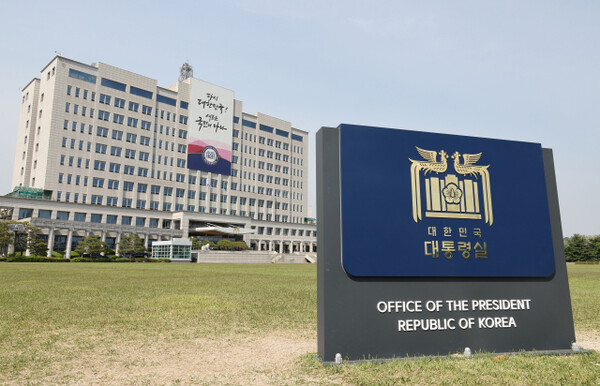A Glimpse into the Future: Supplementary Budget on the Horizon?
The Office of the President has hinted at the possibility of drafting a supplementary budget for next year, marking a potential shift in President Yoon Suk Yeol's administration. Yoon has so far adhered strictly to a 'sound fiscal policy' and rejected the opposition's demands for additional government spending. However, a senior official from the Office of the President stated on Nov. 22, 'We do not exclude the active role of fiscal policy, including a supplementary budget,' leaving open the possibility of drafting a supplementary budget for next year.

The President's Office has also indicated the potential for additional fiscal input, particularly since presenting 'addressing polarization' as a national goal for the latter half of Yoon's term. This goal aims to tackle the growing economic disparity between the wealthy and the poor, a significant issue in South Korea's current economic landscape.
The only time the Yoon administration has drafted a supplementary budget was in May 2022, shortly after taking office. This 59 trillion won supplementary budget was aimed at supporting small business owners affected by the COVID-19 pandemic. The administration's commitment to sound fiscal policy has been evident since then, with a focus on maintaining a balanced budget and avoiding excessive government spending.
Another senior official from the President's Office commented, 'It is true that fiscal policy will play a more active role,' but noted, 'We are still in the process of creating policies to address polarization. We can discuss a supplementary budget once the main policies are established.' This suggests that while the administration is considering more active fiscal measures, the specifics of a supplementary budget will depend on the development of policies aimed at reducing economic inequality.
However, the official also pointed out the practical difficulties of drafting a supplementary budget early next year, stating, 'the only time a supplementary budget was drafted early in the year was right after the Asian financial crisis.' This historical context highlights the rarity of early-year supplementary budgets and suggests that any additional fiscal measures will likely be carefully considered.
Cautious opinions are also emerging within the President's Office. Some view the 'next year's supplementary budget theory' as premature, especially while the National Assembly is in the midst of reviewing next year's budget proposal. It is considered more appropriate to discuss additional fiscal input only after completing the 'addressing polarization' policy.









Comments